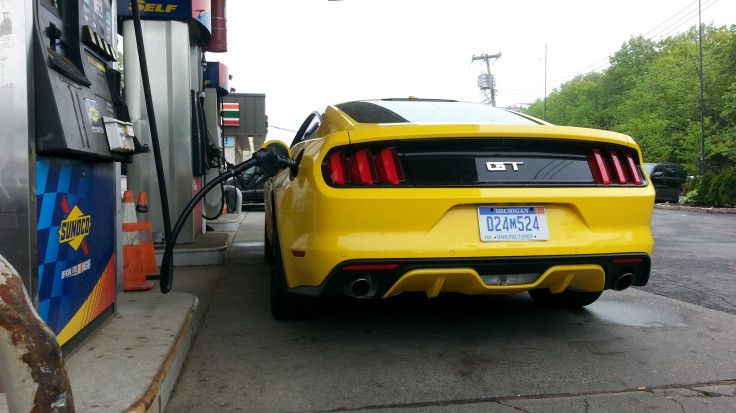Visa Warns Of Hackers Stealing Credit Card Data From Unsecured Gas Pumps

Credit card company Visa issued a warning Monday that scammers are exploiting gas pumps to steal credit data.
The situation was brought to Visa’s attention after several gas station companies were defrauded by hackers breaking into pump card readers. The group, reportedly identified as FIN8, used malicious emails and other means to gain access to gas stations’ point of sale (POS) systems. Visa describes FIN8 as “a financially motivated threat group active since at least 2016 and often targets the POS environments of retail, restaurant, and hospitality merchants to harvest payment account data.”
Hackers would then install POS scraping software that could steal the information off of older cards that use a mag-stripe with no PIN. The reported lack of firewalls between POS systems and less critical parts of the system also allows hackers to exploit the system further.
Visa said the hack doesn’t affect newer, more secure chip-and-pin cards and any stations using new card readers.
“It is important to note that this attack vector differs significantly from skimming at fuel pumps, as the targeting of POS systems requires the threat actors to access the merchant’s internal network, and takes more technical prowess than skimming attacks,” Visa said in a security update. “Fuel dispenser merchants should take note of this activity and deploy devices that support chip-and-pin wherever possible, as this will significantly lower the likelihood of these attacks.”
Visa did recommend vendors take actions including setting up secure remote access to the system, increase network monitoring and further segment the network.
It was also announced earlier in May that Visa would require gas stations to switch over to chip-and-pin readers by October 2020. Any gas station that didn’t would be considered liable for any cases of fraud.
Implementing the new readers has been slower than expected because it requires the whole pump being replaced and reportedly costs up to $250,000 per station.
© Copyright IBTimes 2024. All rights reserved.





















